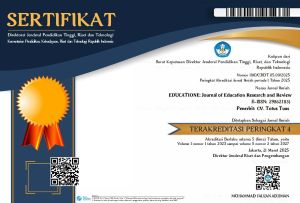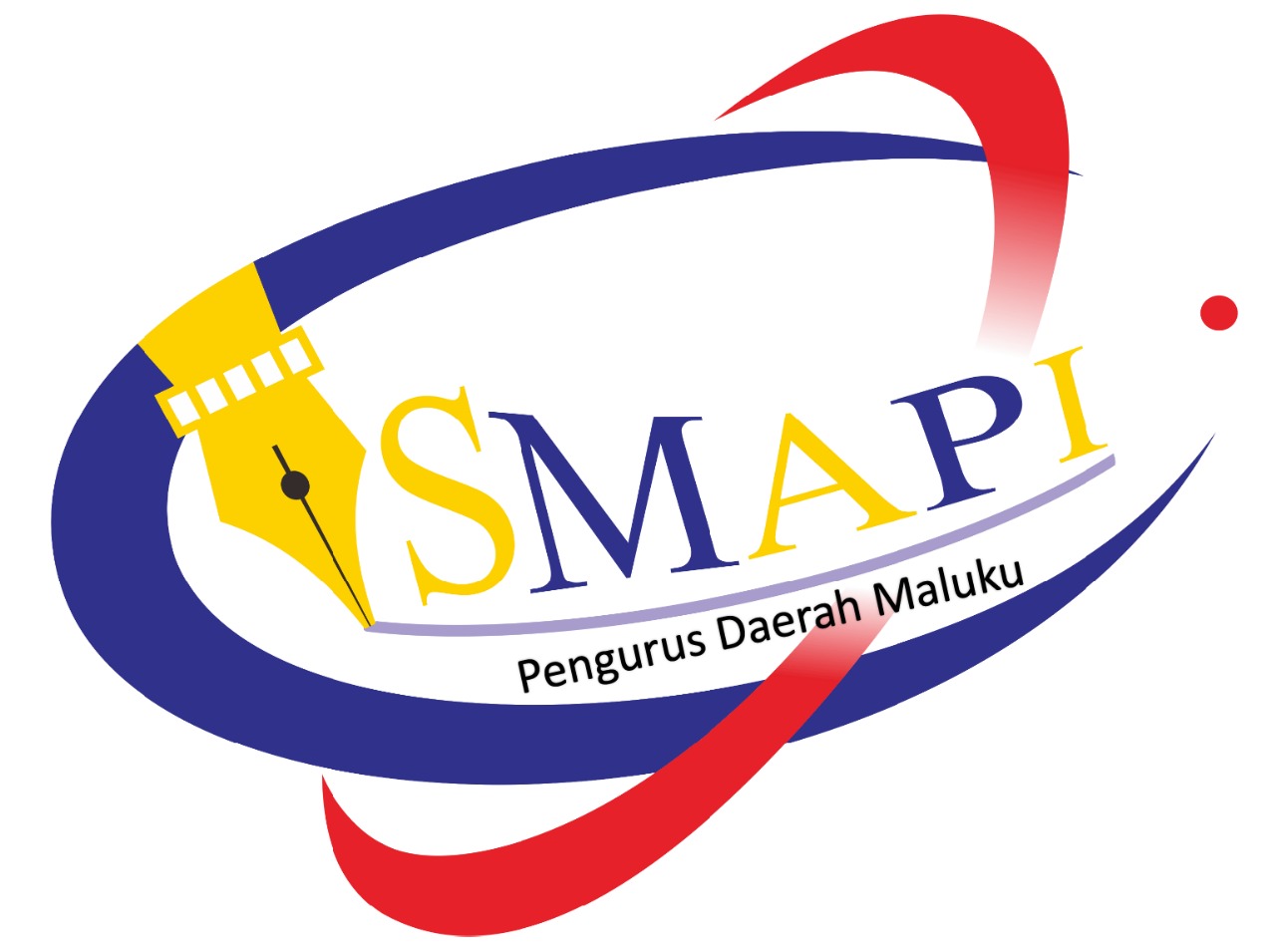ENHANCING STUDENT RESPONSIBILITY THROUGH BIBLIOCOUNSELING: A COGNITIVE-BEHAVIORAL APPROACH USING SIRAH NABAWIYAH IN VOCATIONAL EDUCATION
DOI:
https://doi.org/10.59397/edu.v3i2.103Keywords:
Bibliocounseling, Student Responsibility, Behavioral Intervention, Vocational EducationAbstract
A strong sense of responsibility is crucial for personal development, affecting an individual's ability to make decisions, fulfill obligations, and accept consequences. However, many students at SMK Negeri 1 Jember struggle with responsibility, as seen in rule violations, lack of commitment, and avoidance of accountability. To address these issues, this study investigates bibliocounseling as an intervention based on the Cognitive-Behavioral Therapy (CBT) framework, using Sirah Nabawiyah as a medium to enhance responsibility. Employing a quantitative pre-experimental design with a one-group pretest-posttest approach, the study involved 10 students with low responsibility levels. A responsibility questionnaire based on the Guttman scale was administered before and after the bibliocounseling intervention, and data were analyzed using the Wilcoxon Matched-Pairs Test. The findings indicate a significant improvement in responsibility levels, with the average pretest score of 9.4 (low category) increasing to 24.3 (medium category) in the posttest. Statistical analysis confirmed a significant difference (Z = -2.812, p = 0.005), showing the effectiveness of bibliocounseling in fostering responsibility. This study highlights the potential of bibliocounseling using Sirah Nabawiyah as an effective, cost-efficient intervention for character development in school counseling programs. Future research should explore its long-term effects and applicability in diverse educational settings while examining the impact of various literary genres on behavioral development.
Downloads
Published
How to Cite
Issue
Section
Citation Check
License
Copyright (c) 2025 EDUCATIONE

This work is licensed under a Creative Commons Attribution 4.0 International License.



















